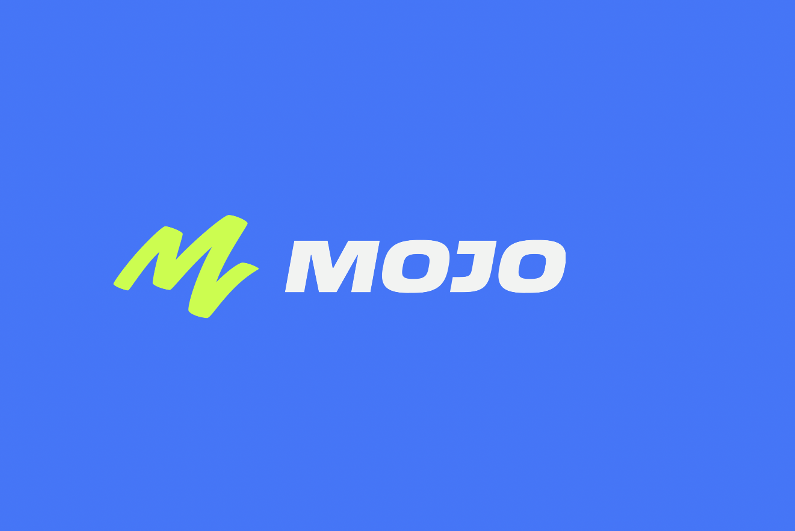
NFL stock market
You know sports betting is booming in the United States when a service launches that offers something other than the typical wagering experience. On Monday, the Mojo app, founded in part by former baseball star Alex Rodriguez, went live in the New Jersey market, giving customers the opportunity to buy and sell NFL players just like stocks.
Currently, there are over 300 NFL players on this new sports betting stock market, a group consisting of the “skill” players in the league, meaning quarterbacks, running backs, wide receivers, and tight ends. The players who generate fantasy stats, basically. Mojo intends to add college athletes and other sports in the future.
The goal for users is to evaluate how players’ careers will go. They can buy long on a player if they think their career is going to trend upward or sell short if they think it will decline. Stocks can be held long-term and cashed out when the player retires, or be bought and sold frequently to take advantage of price movements.
Mojo banks all trades itself – users do not buy and sell with each other. The site takes a 1% commission on all trades.
The share price of an NFL player is made up of the “banked” Mojo value, which is the value the player has already accumulated in his career to this point, and the “future” Mojo value, which is what Mojo thinks they will earn the rest of the way. Share values rise and fall based on a formula which equates statistics with dollars and cents (for example, $0.01 per 10 yards, $0.02 per touchdown, etc.).
Off-the-field events can also affect the stock price. If a player signs with a new team, for instance, the price might go up if that team is known for its high-powered offense.
Hopefully it’s not another Football Index
Mojo is certainly an interesting concept, though it does remind me of one disaster of a site: Football Index.
Football Index was a similar stock trading for UK soccer. It collapsed last year because its operating model was unsustainable, losing users millions of dollars. Whether or not Mojo will work remains to be seen, but there are, fortunately, two key difference between Mojo and Football Index: a) Football Index used peer-to-peer trading, while all Mojo trades are with the operator itself, and b) the driving factor behind Football Index stock prices were dividends.
The latter was what killed the site. Player stocks had prices and could be traded just like on Mojo, but each share on Football Index also paid daily dividends depending on the how the players did on the field. Thus, soccer players whose shares threw off lots of dividends and therefore gave users steady income were very valuable and increased in price.
But those dividends came out of Football Index’s coffers and eventually, the company realized it couldn’t afford those payments, especially as more shares were added to the market. Football Index abruptly announced in March that it slashing the dividend cap from 14p to just 3p. This cratered share prices, some losing 99% of their value. The site went under shortly thereafter and users, although many did get some money back, lost millions.


















